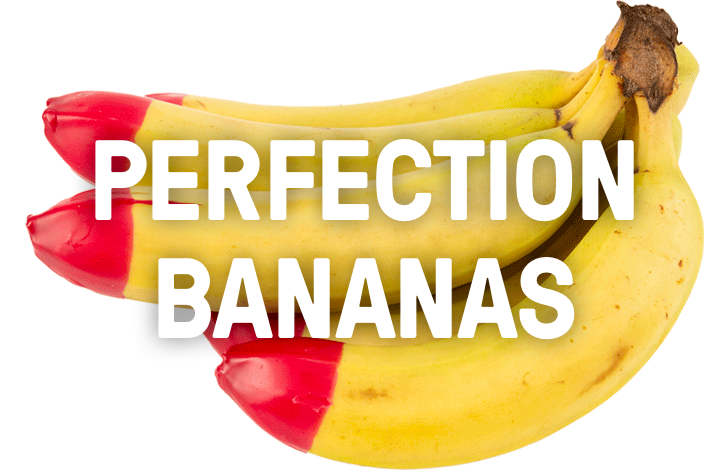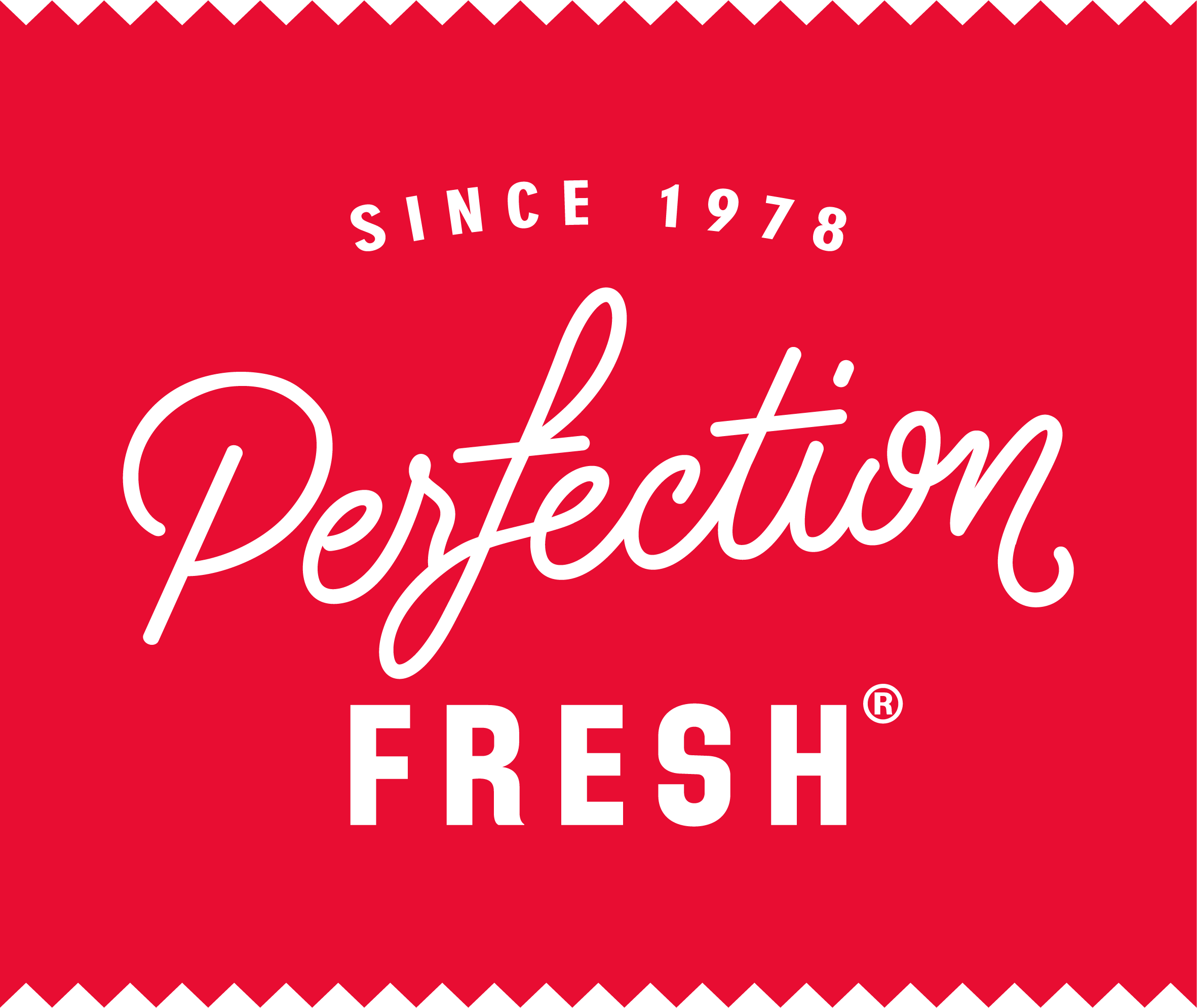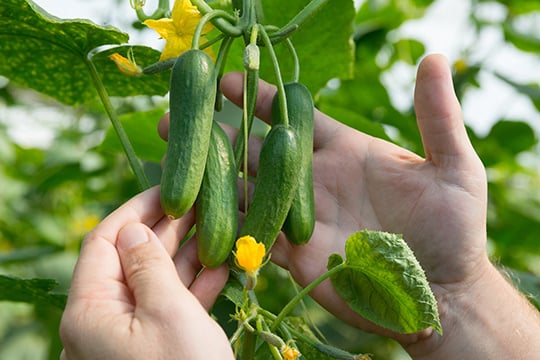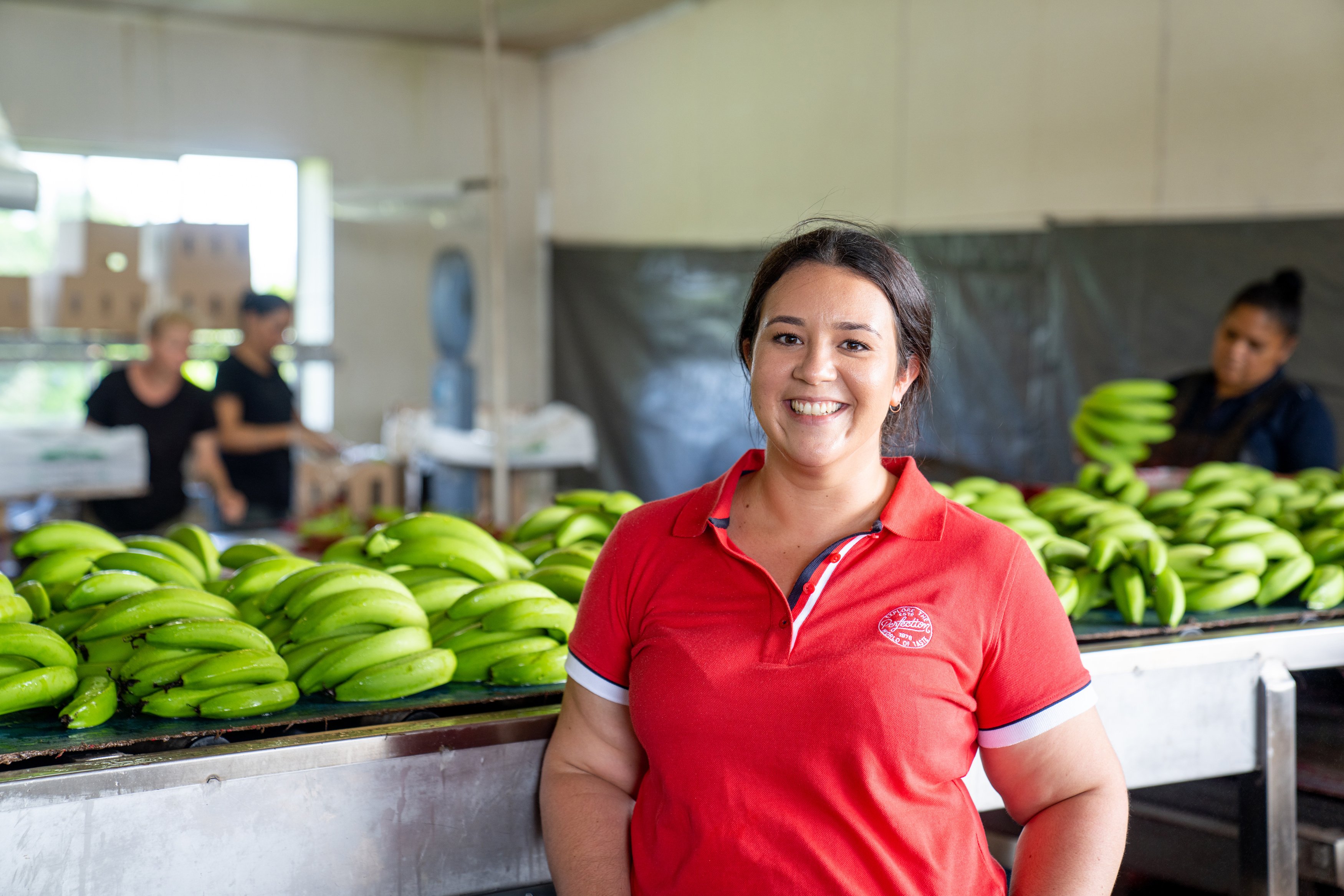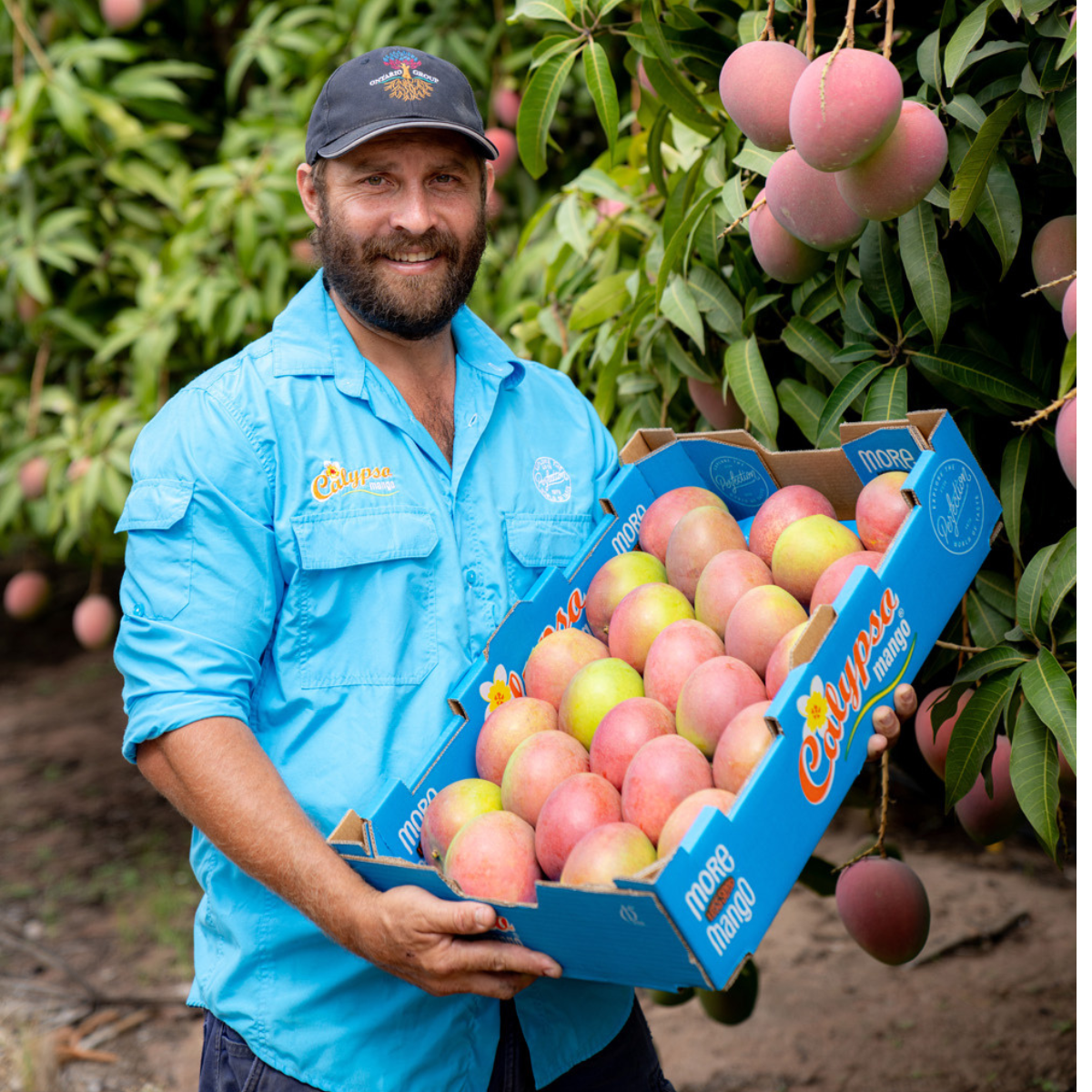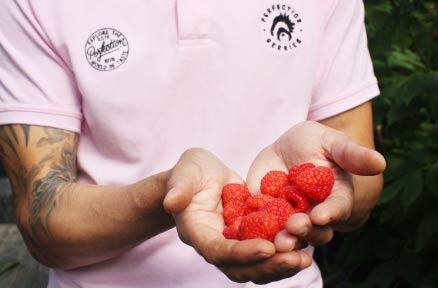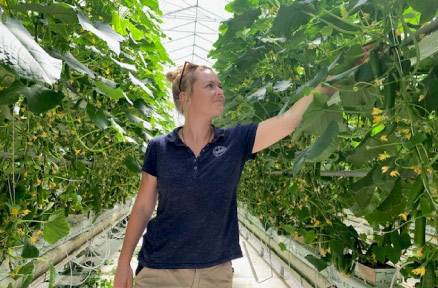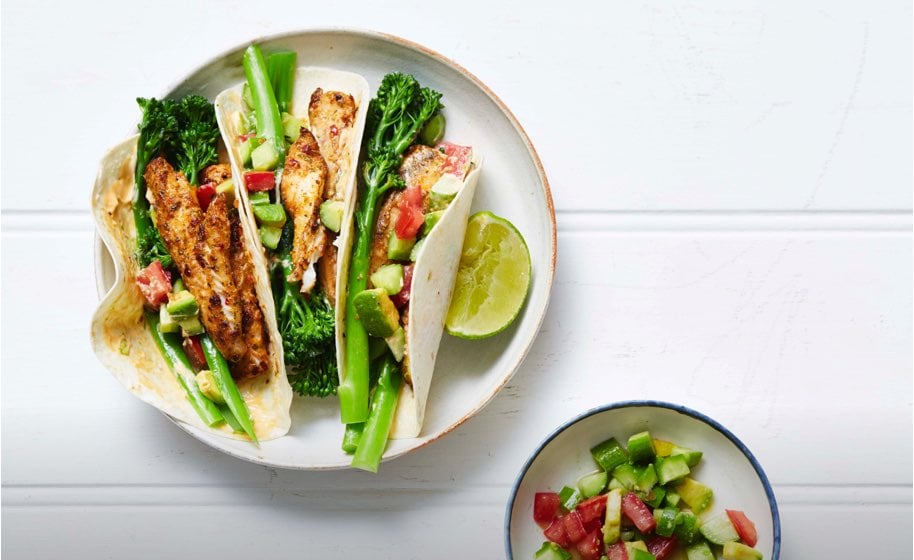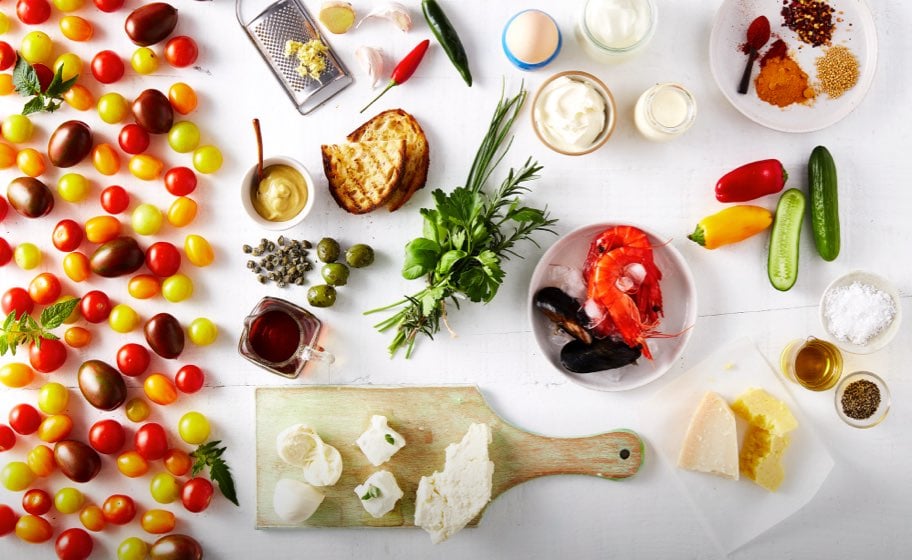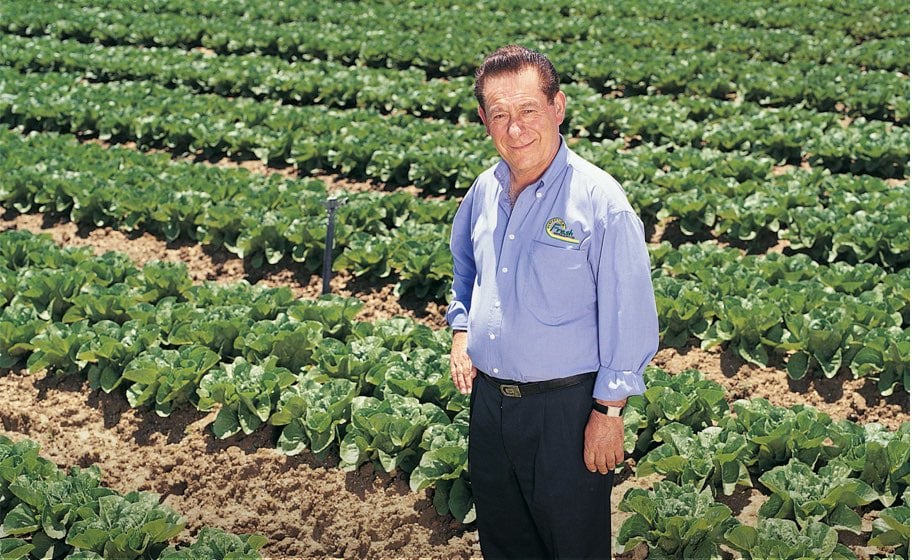As the world grapples with environmental challenges and increasing demand for high-quality food, the agricultural industry is undergoing significant transformations. One of the most promising advancements is the use of glasshouses, or controlled environment agriculture (CEA), to grow fresh produce.
At Perfection Fresh, we believe in the power of innovation and sustainable farming practices to deliver the best quality produce while minimising our environmental footprint.
Perfecting Produce for the Future
At Perfection Fresh, we are constantly adapting and looking for ways to improve the production of the freshest and highest quality produce. Our commitment to controlled environment agriculture, (like glasshouses) and sustainable farming methods ensures that we can provide you with the best possible fruit and vegetables while caring for the planet.

What is a glasshouse?
A glasshouse is a purposefully designed structure that optimises the environment for plant growth. Constructed primarily from transparent materials such as glass (hence the name), these structures allow sunlight to penetrate while retaining heat.
This controlled environment safeguards crops from adverse weather conditions, pests, and diseases, enabling consistent production of high-quality produce year-round. Glasshouses are equipped with sophisticated systems for temperature control, humidity regulation, and irrigation, ensuring plants receive the ideal conditions for flourishing.

What Perfection Fresh produce is grown in a glasshouse?
At Perfection Fresh, glasshouses are vital to cultivating a diverse range of premium produce. These state-of-the-art facilities enable us to grow crops that require specific conditions, thereby enhancing their flavour, texture, and nutritional value. Tomatoes and cucumbers are primarily grown within our glasshouses.
By utilising this technology, Perfection Fresh guarantees the availability of these vegetables year-round, maintaining their freshness and quality from farm to table.

Tackling Food Waste in Australia
Food waste is a pressing issue in Australia, with significant economic and environmental impacts. According to the National Food Waste Strategy Feasibility Study:
• Food waste costs the Australian economy around $36.6 billion each year.
• Australians waste around 7.6 million tonnes of food annually, equating to about 312kg per person, costing up to $2,500 per household.
• Food waste contributes to approximately 3% of Australia’s annual greenhouse gas emissions.
• Growing wasted food consumes around 2,600 gigalitres of water, equivalent to the volume of water in five Sydney Harbours.
• The land used to grow wasted food covers more than 25 million hectares, an area larger than the state of Victoria.
• Households are the largest contributors to food waste, responsible for about 2.5 million tonnes per year, or 30% of the total.

Innovations in Glasshouse Farming
At Perfection Fresh, our commitment to reducing food waste and enhancing sustainability is exemplified by our 43-hectare glasshouse in Two Wells, South Australia. This state-of-the-art facility relies heavily on data analytics to optimise resource use and minimise waste. By analysing metrics such as energy usage, water consumption, and plant growth rates, we can make informed decisions that enhance efficiency and sustainability.
For instance, we utilise 100% harvested rainwater for irrigation, significantly reducing our reliance on external water sources. This not only conserves water but also ensures that our crops receive consistent and optimal hydration, leading to higher yields and less waste.
The Benefits of Controlled Environment Agriculture
Controlled environment agriculture combines high-technology greenhouses with hydroponic (soil-less) growing systems. Growing fresh produce in a glasshouse makes it possible to consistently and reliably control the growing environment and effectively manage nutrition, pests, and diseases in crops.
Controlled environment agriculture offers numerous advantages over traditional farming methods. These include:
-
Resource Efficiency: Glasshouses allow for precise control of environmental conditions, such as temperature, humidity, and light. This ensures optimal growing conditions year-round, reducing the need for excess water, fertilisers, and pesticides.
-
Reduced Food Waste: By controlling the growing environment, we can produce high-quality crops with fewer defects, leading to less food waste both on the farm and in households.
-
Sustainable Practices: Our glasshouses use advanced irrigation systems that minimise water use and incorporate integrated pest management to reduce the need for chemical pesticides.
-
Year-Round Production: Glasshouses enable consistent production regardless of external weather conditions, ensuring a steady supply of fresh produce.
-
Premium Quality: The controlled environment results in produce that is fresher, tastier, and of higher quality, justifying a premium price.

Commitment to Sustainable Farming
Perfection Fresh is dedicated to sustainable farming methods that are environmentally sound, socially responsible, and economically viable. Our journey towards Environmental, Social, and Governance (ESG) principles includes investing in sustainable practices in growing produce such as Qukes® baby cucumbers and utilising controlled environment agriculture in our glasshouses and berry farms.
Reducing Environmental Impact
Our sustainable practices extend beyond the farm. By minimising food waste, we reduce the energy, water, and resources required to grow, transport, and sell food. This reduces greenhouse gas emissions and lessens the impact on ecosystems needed to produce more food. Additionally, diverting food from landfill prevents the production of methane, a potent greenhouse gas.
Next time you enjoy a piece of fresh produce, take a moment to consider its journey from farm to table. At Perfection Fresh, we are proud to grow our produce sustainably, ensuring that it is not only delicious and nutritious but also kind to the environment.
Join us in our mission to reduce food waste and support sustainable farming practices. Together, we can make a difference for our planet and future generations.










